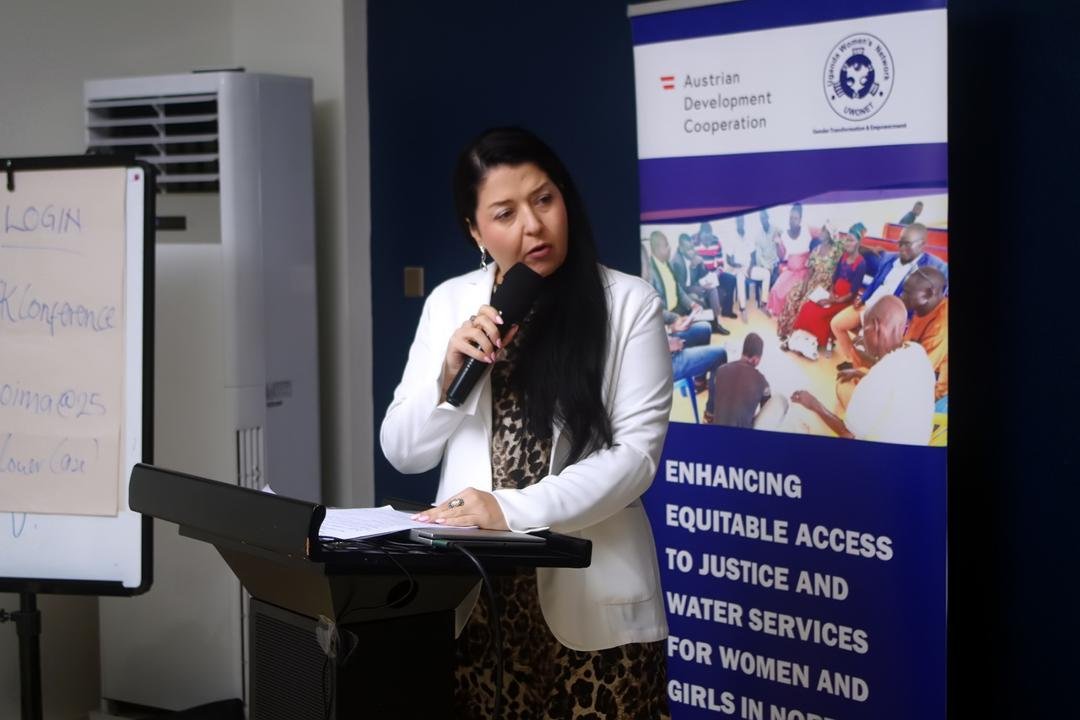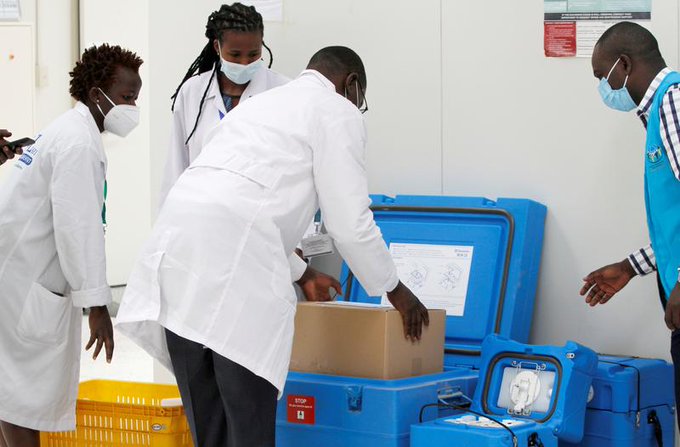Lawmakers and gender rights defenders have decried systemic delays in Uganda’s justice system, warning that prolonged investigations and trials are discouraging victims particularly women and girls from pursuing their cases to conclusion.
Tororo Woman MP Sarah Opendi said many gender-based violence survivors are losing faith in the legal system due to drawn-out court processes and stalled investigations. “Some of these cases drag on for years, and many women simply give up. The result is a justice system that fails those who need it most,” she said.
Opendi renewed her push for Parliament to pass the long-delayed Legal Aid Bill, which she said would compel legal firms to offer pro bono services to poor Ugandans and help clear the access-to-justice backlog.
She also called for the introduction of *mobile courts* to bring justice closer to communities in remote and hard-to-reach areas. “Islands and mountainous regions still lack access to basic judicial services. Mobile courts would make a big difference,” she noted.
The proposal aligns with remarks by Dr. Katja Kerschbaumer of the Austrian Embassy, who stressed the need for a geographically accessible justice system. “Uganda needs a transparent, efficient, and gender-sensitive legal framework if justice is to be a right and not a privilege,” she said.
UWONET Executive Director Rita Aciro emphasized that while Uganda has made progress in legal reform, implementation remains weak due to deep-rooted social norms and corruption. “Many women don’t report abuse due to fear, stigma, and bribes demanded by local leaders,” she revealed.
Participants at the colloquium including MPs, diplomats, and civil society leaders—agreed that judicial timelines for sexual and gender-based offenses must be introduced, and that informal justice systems must be reformed to end discriminatory practices.

















